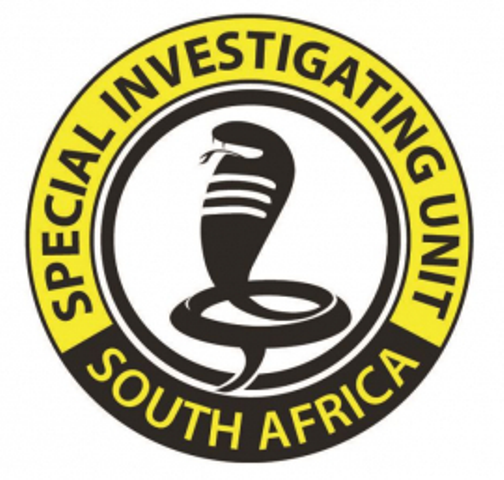SIU Freezes R20.3M in Assets Over Alleged Irregular Transnet Contracts
The SIU’s investigation, launched after a referral from Transnet, uncovered serious procedural and compliance failures in the procurement of property valuation services.

- Country:
- South Africa
In a significant step towards combating public sector corruption, the Special Tribunal has granted the Special Investigating Unit (SIU) an order to freeze assets worth approximately R20.3 million. The assets — which include luxury vehicles, high-end properties, and other valuables — are linked to an ongoing probe into allegedly irregular property valuation contracts awarded by Transnet, the state-owned freight and logistics entity.
The SIU is investigating three contracts awarded to MM Real Estate (Pty) Ltd and individuals Humphrey Tshepo Moyo and Neo Shown Matlala, among others, between 2019 and 2022, with a combined value of R89 million.
Asset Freeze: Blocking Potential Disposals
According to the order granted by the Special Tribunal, all implicated parties are prohibited from selling, leasing, transferring, or otherwise disposing of or encumbering the listed properties and assets, pending the finalisation of civil proceedings.
“The order interdicts MM Real Estate (Pty) Ltd, Humphrey Tshepo Moyo, Neo Shown Matlala and any other party from dealing in any manner whatsoever with the frozen properties,” the SIU confirmed in a formal statement.
This freeze ensures that any ill-gotten assets are preserved until legal determinations can be made regarding recovery and restitution.
Scope of the Investigation: Irregularities and Possible Fraud
The SIU’s investigation, launched after a referral from Transnet, uncovered serious procedural and compliance failures in the procurement of property valuation services. The contracts, awarded across three separate years — 2019, 2021, and 2022 — raised red flags over potential manipulation of procurement protocols, violations of supply chain regulations, and possible undue influence in how service providers were selected.
“Working closely with Transnet, the SIU has identified serious flaws in the procurement process, raising concerns about whether the state received full and fair value,” the unit stated.
These irregularities not only violate internal governance and procurement standards but may also constitute financial misconduct or corruption, meriting legal intervention.
Civil and Criminal Consequences Loom
The SIU has indicated that if evidence of criminal activity emerges during the course of the investigation, it will be referred to the National Prosecuting Authority (NPA) for possible criminal prosecution.
The SIU, established to tackle maladministration, corruption, and fraud in public institutions, is constitutionally empowered to:
-
Investigate allegations of maladministration in state entities;
-
Initiate civil litigation in either the High Court or a Special Tribunal;
-
Recover misappropriated funds or assets;
-
Recommend systemic changes to prevent future misconduct.
Why This Matters: Public Trust and Financial Accountability
The contracts under scrutiny form part of Transnet’s property portfolio management, a critical component of the parastatal’s asset base. Ensuring transparency and accountability in this area is not just a regulatory obligation but also a public trust imperative, given the company’s strategic importance in national logistics, rail, and freight infrastructure.
The SIU’s swift action is seen as part of a broader anti-corruption drive underpinned by President Cyril Ramaphosa’s mandate to clean up state-owned enterprises (SOEs) and ensure that public resources are not siphoned off through fraudulent schemes.
Public and Political Response
Civil society and transparency advocates have welcomed the Tribunal’s decision, calling it a necessary move to protect state assets and ensure that implicated individuals do not profit while investigations continue.
Legal observers have noted that such asset freezes are increasingly being used as pre-emptive measures to avoid the dissipation of stolen funds, especially in high-value corruption cases involving government entities.
What’s Next?
As the civil proceedings progress, the SIU is expected to unpack the specifics of how the contracts were awarded, the roles played by each party, and the actual value delivered versus what was paid.
Should the Tribunal eventually rule in favor of the SIU, the frozen assets could be liquidated to reimburse the state, marking a rare but impactful instance of recovery of public funds in a post-Zondo Commission landscape.










